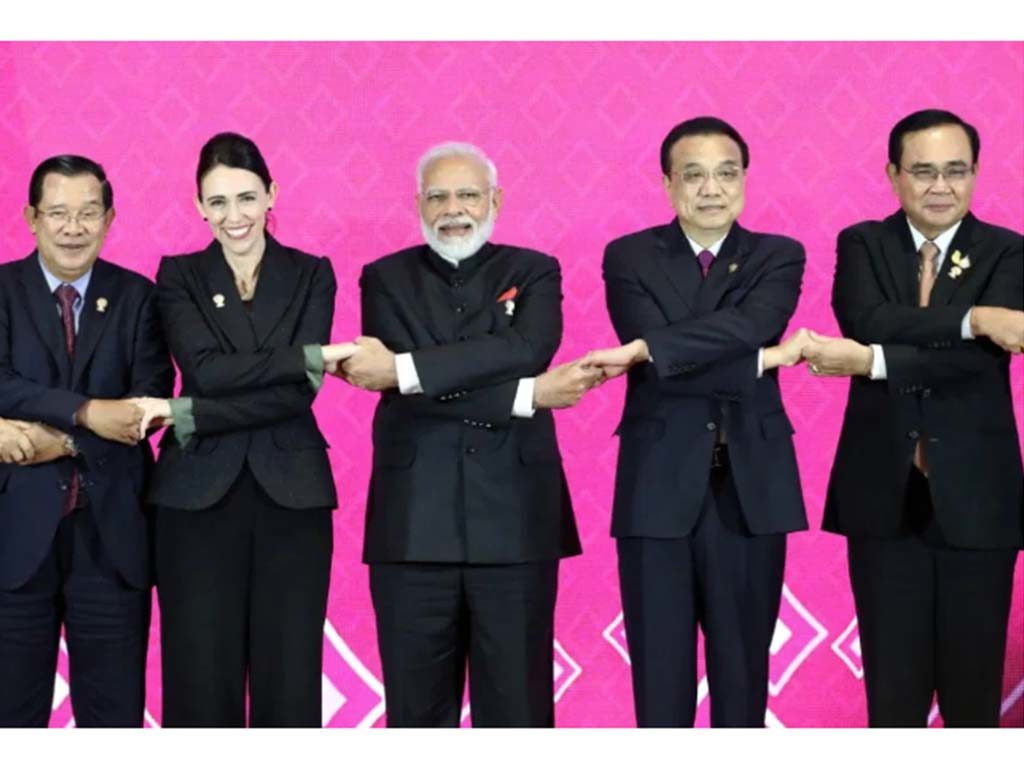India decides to opt-out of Regional Economic Comprehensive Partnership (RCEP) deal. PM Modi refused to join the 16- nation deal consists of China and the Association of South-East Asian Nations (ASEAN).
It is important to note that this RCEP covers about a third of the world economy and half of the world population. Prime Minister Narendra Modi refused to accept the deal amidst the concerns regarding imports under the agreement.
Prime Minister Modi mentioned in an address in Bangkok “the present form of deal does not fully reflect the basic spirit and agreed guiding principles of RCEP.”
According to a tweet by Prasar Bharti, “it does not address satisfactorily India’s outstanding issues and concerns.” Furthermore, “in such a situation, it is not possible for India to join RCEP.”
Commerce and Industry minister Piyush Goel welcomed Prime Minister Modi’s decision of not joining the group. He said that it is a ‘bold and courageous stand’. Besides, it will give impetus to the government’s ‘Make in India’ mission.
Significantly, India has a large trade deficit with RCEP countries. Hence, India is looking for specific protection for its industries and farmers from a surge in imports, especially from China.
According to a joint statement by RCEP countries said that the 15 remaining nations would work towards inking the pact in 2020. Besides, they are trying to resolve India’s objections.
Importantly, the former Vice Chairman of Niti Aayog Arvind Panagariya said in this regard that India has not shut the doors on RCEP. Moreover, “India should bargain hard in RCEP negotiations though with the intention of eventually joining it,” he said.
A trade expert, anonymous, also welcomed the move. In this regard, he said, “the move has given enough elbow room to India.” Moreover, India will be able to resolve its issues “bilaterally,” he said.
Also, Read- http://diplomacybeyond.com/usa-to-meet-peace-partners-to-solve-afghanistan/










